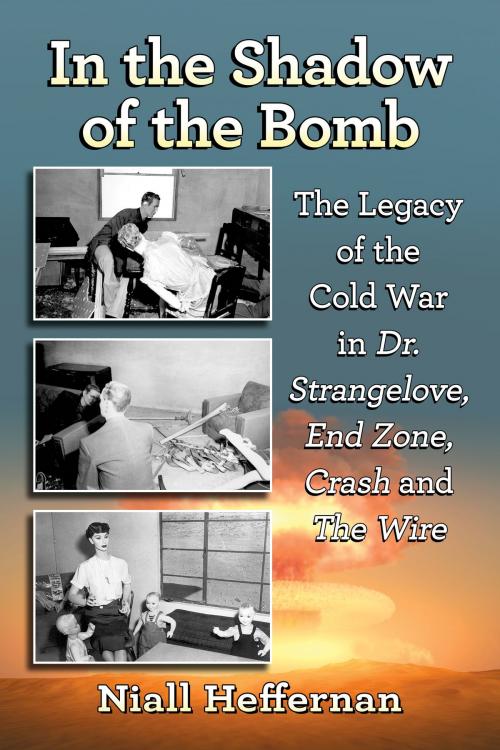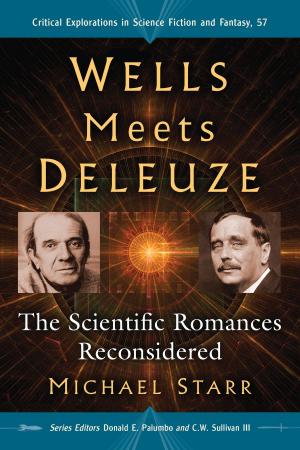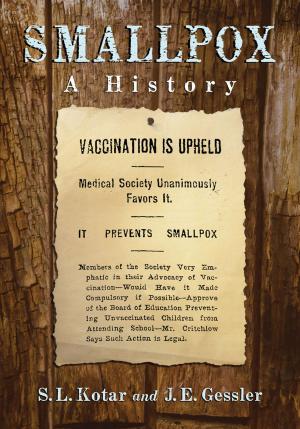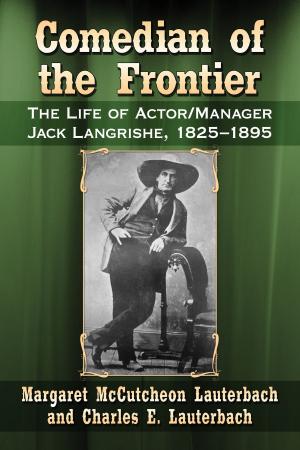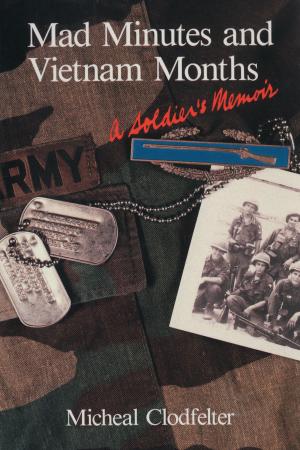In the Shadow of the Bomb
The Legacy of the Cold War in Dr. Strangelove, End Zone, Crash and The Wire
Nonfiction, Entertainment, Performing Arts, Film| Author: | Niall Heffernan | ISBN: | 9781476630410 |
| Publisher: | McFarland & Company, Inc., Publishers | Publication: | March 21, 2018 |
| Imprint: | Language: | English |
| Author: | Niall Heffernan |
| ISBN: | 9781476630410 |
| Publisher: | McFarland & Company, Inc., Publishers |
| Publication: | March 21, 2018 |
| Imprint: | |
| Language: | English |
Detective McNulty applies bite marks to a deceased man’s body with a set of dentures in The Wire, illustrating how officialdom deals in falsehood. Dr. Strangelove lovingly describes the “doomsday machine” as being free from “human meddling,” while it destroys the world, highlighting the absurdity of placing systems above any moral considerations. In Crash, Ballard survives a car accident only to be cared for by a paternal technology that tends only to his physical needs—a life of technical certitude bereft of beauty. The Cold War, with its promise of imminent and purposeless doom, profoundly shaped the post-modern world in ways that are not yet appreciated. This study examines the Cold War zeitgeist and its aftermath as shown in fiction, film and television.
Detective McNulty applies bite marks to a deceased man’s body with a set of dentures in The Wire, illustrating how officialdom deals in falsehood. Dr. Strangelove lovingly describes the “doomsday machine” as being free from “human meddling,” while it destroys the world, highlighting the absurdity of placing systems above any moral considerations. In Crash, Ballard survives a car accident only to be cared for by a paternal technology that tends only to his physical needs—a life of technical certitude bereft of beauty. The Cold War, with its promise of imminent and purposeless doom, profoundly shaped the post-modern world in ways that are not yet appreciated. This study examines the Cold War zeitgeist and its aftermath as shown in fiction, film and television.
